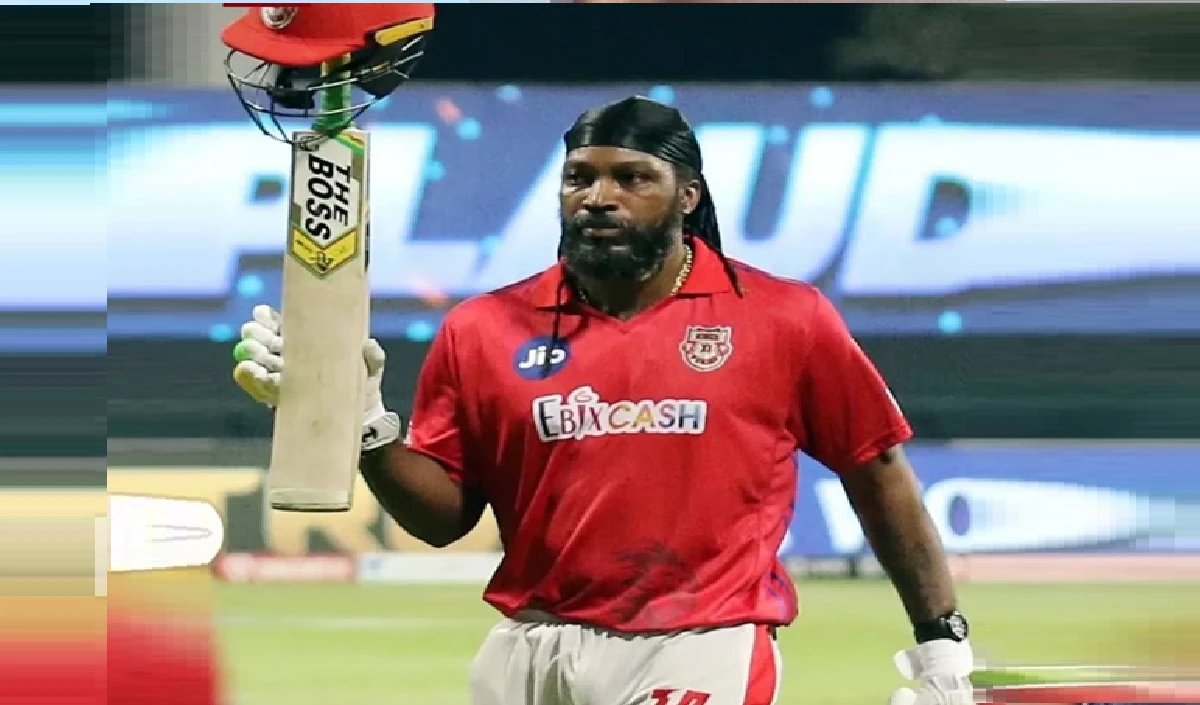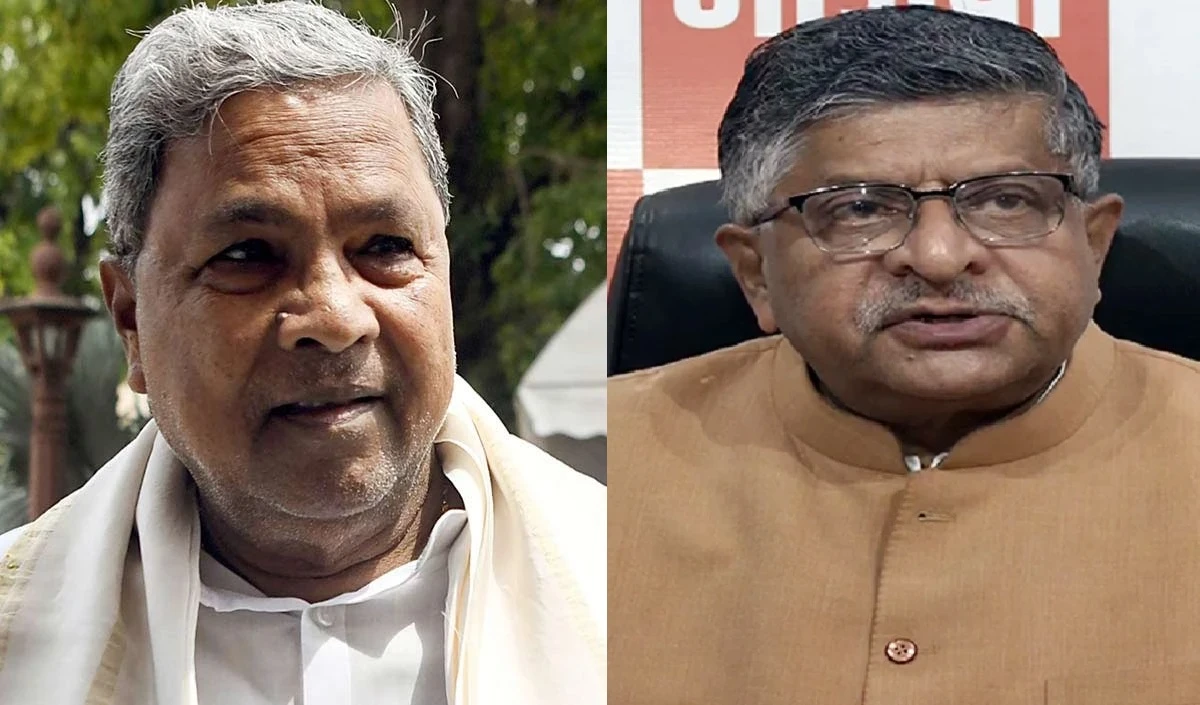“We consider it appropriate to adopt the time-limit fixed by the Ministry of Home Affairs… and determine that the President is required to take a decision within a period of three months from the date of receiving references on the Bills reserved by the Governor.“
If such comments come on the President of any country, the Executive President, it is worth noting. Especially then this remark has come from the Supreme Court, the country’s largest court. The whole matter and other similar comments, the arguments of the opposition will tell you. You are seeing the proceedings related to the news of Sarkari Result Daily’s courts, the arguments and the program giving information about the big and important case of the country.
Also read: Annamalai’s entry signs in National Politics? Nainar Nagendran was given the command of Tamilnadu BJP, but why?
The President and the Governor have been the subject of discussion for some time. For the first time, the Supreme Court has ordered that the President will have to take a decision on the bills sent by the Governor in three months. This decision will be applicable in cases where the Bills of the State Assembly are sent for the approval of the President. The court has clearly stated that if there is a delay of more than three months, then concrete reasons will have to be given for this and the concerned state will have to be informed. A bench of Justice JB Pardiwala and Justice R. Mahadevan had stopped a deadline for all governors to approve the 10 Bills and take action on the Bills passed by the state assemblies on behalf of Tamil Nadu Governor RN Ravi. Four days after the decision, the 415 -page decision was uploaded on the website of the apex court at 10.54 pm on Friday.
Also read: Vice President Vance, NSA Waltz … What Khichdi is cooking with India? China and Pakistan are thinking
The Supreme Court on 8 April had drawn a large line on the rights of the elected government of Tamil Nadu and the Governor there. The verdict was ruled on a petition by the Stalin government of Tamil Nadu. The Supreme Court clearly stated that the governor cannot stop the MLAs with them for a long time. The Governor is expected to follow the parliamentary tradition of democracy. They also have to respect the wishes of the public, the opinion of the people .. The opinion or desire people express their government by choosing their government. The governor should be like a friend, philosopher and guide. You should not walk according to the expectations of a political party, but according to the constitution you have taken oath. You should become a catalyst, not deadlock. Saying this, the Supreme Court termed the government’s ten essential bills being stopped by the Governor as illegal. Said that this is not a good step from the perspective of law.
According to Article 201, when the Governor protects a bill, the President can either approve or reject it. However, the constitution does not set any deadline for this decision. The Supreme Court emphasized that the President does not have a ‘pocket veto’ and he has to either approve or stop it. Under Article 201, the exercise of powers by the President cannot be called untouched by this general principle of law. If the decision of the central government is given priority in the bill, the court will review the bill on the basis of arbitrariness or malicious. The court said that the state’s cabinet has been given priority in the bill and if the Governor has decided contrary to the assistance and advice of the Council of Ministers, the court will have the right to legally investigate the bill. Dalat said that the President sends a bill back to the state assembly for amendment or reconsideration. If the assembly passes it again, the President will have to take the final decision on that bill and stop the process of returning the bill again and again.



